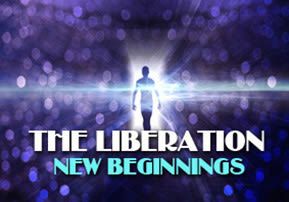
The Liberation – New Beginnings
He was a nice fellow, until he joined the police and became one of the movers and shakers of the ghetto. He became corrupted with power. He was the best...

He was a nice fellow, until he joined the police and became one of the movers and shakers of the ghetto became corrupted with power. He was the best example of how power corrupts and makes monsters out of ordinary people.
"Those are Germans. We are surrounded." My father was crouching at the ventilation pipe, listening to the outside voices. I saw cold drops of sweat appearing on his forehead. "The German Military Police took over the farm, and we are buried under the lion's den. We are lost! Buried alive and finished!" Said my father quietly.
My father was a pessimist, always expecting doom, but now we were really in a dangerous situation. During the months of the German occupation, we hid in a bunker on a small farm, waiting for the liberation as we would wait for the coming of the Messiah. The Russians were about 20 miles away, and we maintained an around-the-clock vigil. Waiting.
Now, the Russians had retreated, and the farm was taken over by the German Police and we became their uninvited quests. With only a three-week supply of bread and water and the place swarming with Germans, we faced a slow, torturous death. Death through starvation. Through the ventilation pipe, our only link with the outside, we listened to the dramas unfolding on the outside. One day, I heard a familiar voice, pleading with the Germans. "I am a Jew. Please give me a bowl of soup and a shower, and kill me later." I recognized the voice. I knew the man. It was Lonek, the son of our neighbor.
I knew him quite well. At the beginning of the German occupation, we worked together on many slave job assignments. He was a nice fellow, until he joined the police and became one of the movers and shakers of the ghetto became corrupted with power. He was the best example of how power corrupts and makes monsters out of ordinary people.
He survived the liquidation of the ghetto and hid in the forest, but he couldn't take the daily misery, cold and hunger and surrendered. I never found out if the Germans wasted a bowl of soup on a dead Jew. With bullets, they were generous. Listening to his voice, I was sad and scared. What is going to happen to us? Are we going to break down and surrender?
A few days later, I was awakened by loud shouts of "Stop! Stop!" followed by thunderous shots. Screams of a wounded child pierced the air. It was Cesia, the neighbor's daughter. She ran away when the Germans came to arrest her Jewish father. The thunder of the shots, the screaming of the child, hit me like an avalanche.
Although I never saw her, I knew the girl quite well. She used to play near our summer hideout, and for hours I listened to her ringing voice, wondering how she looked. She was my only contact with the outside world and I eagerly eavesdropped on her conversations. She was a bright child, vividly describing the Mass she attended last Sunday, or the preparations for her confirmation. I remember how I envied her. She was free to roam in the garden, swim in the river, while I, entombed in a bunker, spent my days killing lice.
Now Cesia was gone, shot like a dog. I will never see her. I will never be able to confirm my mental image of her. I wondered which neighbor denounced her? Why is this world so cruel?
Soon our situation worsened. We had cut down our rations to half a glass of water and piece of bread per day. Yet, despite the strict rationing, we were down to a loaf of bread and half a gallon of water. I started to save some water. Everyday, I put a few drops of water into a bottle, for a rainy day.
For a rainy day? I could not understand why people are looking for shelter when it rains. How I would love to stay in the rain, open my mouth and the delicious raindrops wet my parched lips? It would be delightful. I started to long for the simple pleasures of life. I dreamed that I was basking in the warm sunshine and felt the gentle pressure of the blowing wind. Am I ever going to see the sunlight?
I lost a lot of weight. The skin on my cheekbones became taut and thin, and I had trouble sleeping. Worst of all was the thirst, the ever-nagging thirst. My hunger subsided, but and I felt a constant draining of my strength. I often would doze off, losing the sense of time and space. One time, I woke up and looked around. I saw my father and sister crouching restlessly on a bundle of straw. In the flickering light of the oil lamp, the underground bunker looked like an Egyptian tomb. My poor father had aged. My sister had developed protruding cheekbones; the shine of her black hair had disappeared. Her beauty was gone. It occurred to me that we might die here. "Oh God," I cried out in desperation. "What is going to happen to us? Let me die first."
One time, I saw my father resting motionlessly on the bundle of straw. It seemed to me that he had stopped breathing. "My God," I cried in desperation. "What are we going to do? We can't bury him. The only metal objects that we have are the flimsy spoons. What are we going to do? All we have is a flimsy spoon to dig a grave. We can't stay with a dead body?" I realized that we will have to surrender. With some luck I might get a bowl of soup. The possibility of getting a bowl of soup cheered me up.
I became very lethargic. I lost the will to live and started to have hallucinations. Once I dreamed that I was liberated, and spent my time going from well to well, drinking the cool, delicious water. Then, the pain from my swollen lips woke me up.
Luckily, the Germans started to retreat. The front lines brew nearer to our hiding place. We often heard the distant thunder of the artillery. One time, I don't know if it was day or night, I was awakened by a loud, persistent lawn mower-type noise. Soon I heard explosions, shots and excited yelling of the Germans. We faced a new danger, the Russian "Kukurudzinik," the "Corn Thrasher."
The "Kukurudzinik" was a light; primitive biplane made out of an aluminum frame covered with canvas. The low flying plane was invulnerable to German flak fire. Machine gun bullets only made holes in the canvas. The plane would keep flying, attacking the Germans with incendiary hand grenades. When the German police post became the target of the attacks, we were in danger. Our bunker was located under a barn, filled with straw, about 100 feet from the building housing the Germans. Listening to the explosions, I experienced mixed feelings. I wanted the Germans to be hit, but I was also afraid that a small mishap would occur and we would roast to death.
The next night thunderous explosions awakened me. The whole bunker was shaking. The Germans placed pieces of field artillery adjacent to our bunker. We were in mortal danger, thought. " The Russian Katiushas will surely hit us." Life is so unpredictable. After all the struggles for survival to die from a Russian Katiusha is ironically tragic.
But we were lucky. After a few hours the shooting subsided, and in the strange silence we heard a Russian song. "Na pozicju devushka… " Slowly, I crawled to the vent pipe, and I could not believe my ears. I heard Russian voices. We were liberated. I felt a wave of excitement. I jumped up yelling "Father, Luba, we made it. We are liberated." I was amazed at my strength.
My father and my sister jumped out, we embraced and kissed each other, and swiftly emerged from the bunker into the bright, blinding sunshine. I walked as if I was in a daze. When I opened my eyes, I marveled at the miracle of creation. The big oak tree I saw was green, a dark vivid green. The flock of white geese with their orange beaks looked so peaceful, so alive. Even the grey sparrows chirping on the thatched roofs looked like wonders of nature.
Suddenly, I saw Stepan, the field hand, carrying a pail of water. "Oh my God! Water, the life giving water." I ran toward him, pushed my head into the pail and drunk the water, nonstop.
When I got up, I saw my sister talking with a Russian soldier. It looked like a dream. A Russian soldier. What a sight. I swiftly ran toward the road and seeing a Russian riding on a horse, I yelled to him: "I am a Jew. I survived. Thanks for the liberation."
"Paschol Prokliatyj Narod – Go away, you cursed people. Get away from me." The soldier yelled.
I felt sick to my stomach. Running toward the house, I realized that I had diarrhea. My disillusionment started. After years of starvation, my body was rejecting the food. Nevertheless, the first month of our liberation was the most exciting time of my life. I met many other survivors and immediately felt a strong bond and kinship. It was such a wonderful feeling to experience closeness and trust after all those harsh years. Stories of miraculous survivals were engraved on my memory.
But the Liberation was so much different than expected. As a survivor, I expected some preferential treatment. All endangered species get some protection. Protection did I get. Two weeks after the liberation, I was summoned to the Mayor's Office, where I was told: "You are being sent to work in the coal mines of Donbas."
"I am a Ghetto Survivor, seventeen years old, undernourished, sick with diarrhea and weighing exactly 80 lbs. How can I work in coal mines?" I protested.
"Never mind, you will manage. We Russians don't differentiate between Ukrainians, Poles or Jews. Everybody has equal rights and obligations," answered the Mayor.
At this moment I realized that the struggle of survival is not over. It just entered a new, subtler phase. The next day, I enrolled in high school, claiming that I was only 15 years old. I simply deducted the years in hiding.


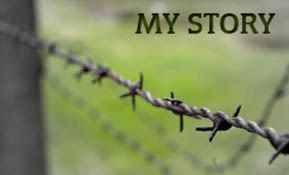
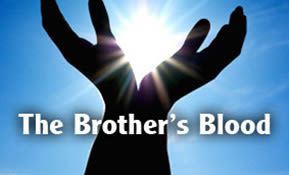
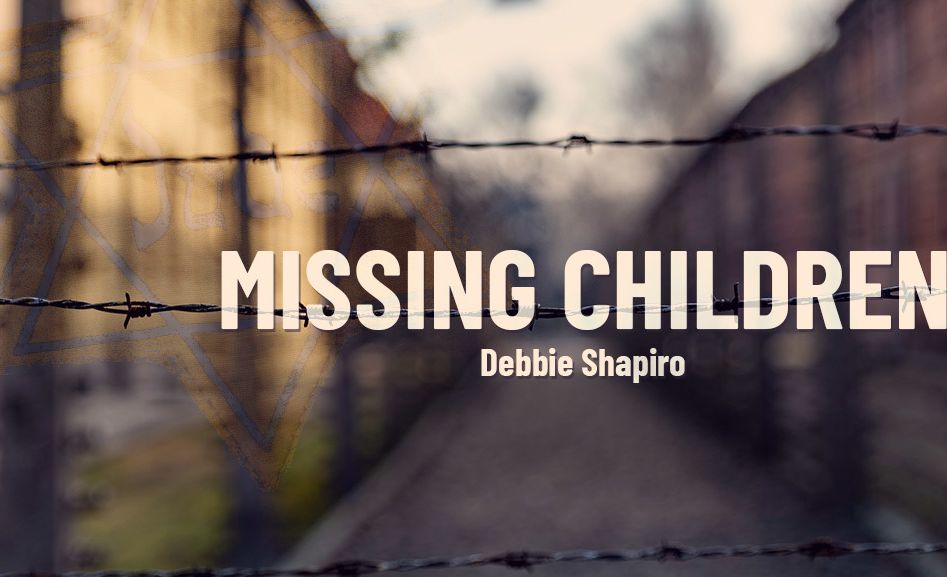
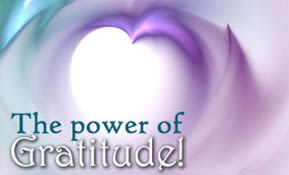
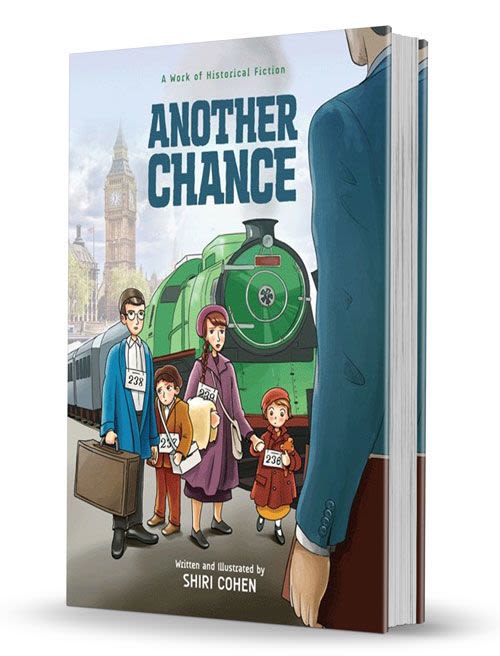
Tell us what you think!
Thank you for your comment!
It will be published after approval by the Editor.